Overcrowded hospitals. Long stays. Collapsed health systems. Intubated patients. This is a scenario that has repeated itself around the world since the beginning of a pandemic COVID-19Caused by the coronavirus (SARS-CoV-2).
This situation has also led to the spread of antibiotic-resistant bacteria. The number of superbugs identified from Brazil nearly quadrupled in this period.
Data are from the Instituto Oswaldo Cruz Hospital Infection Research Laboratory (IOC/Fiocruz). In 2019, the laboratory, which is part of the Health Services Subnet RM (Subnet RM) of the National Agency for Health Surveillance (infinite), just over a thousand were discovered.
And in 2020, the number is close to sending 2,000 resistant bacteria for analysis. So far, in 2021, 4,276 samples have been received at the Vuecruz laboratory. The unpublished and updated number of . has been revealed capital Cities by researchers.
Despite the decline in Covid cases recorded in Brazil, it is not yet time to abandon precautions to contain the spread of the virus, especially with the new micron variant spreading across the countryVictor Forgax / Unsplash
 *** How to protect from covid
*** How to protect from covidThe Oswaldo Cruz Foundation (Vucruz) has prepared a booklet containing recommendations so that the festivities can be celebrated safely.Marco Geber / Metropolis
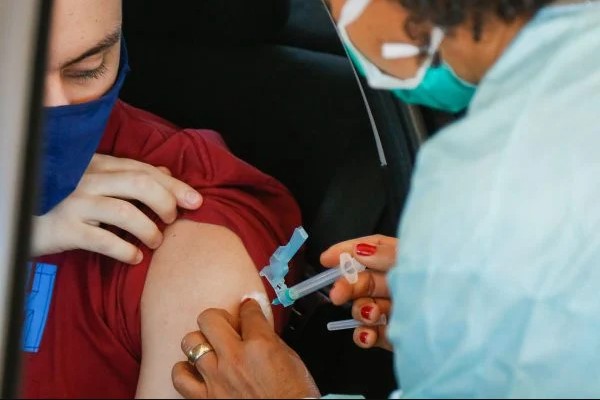 *** How to protect from Covid (3)
*** How to protect from Covid (3)The main guideline is to get a full vaccination to ensure your health and the health of your loved one. If you have not yet taken a dose, simply head to the health center to receive the vaccination agent as soon as possibleGustavo Alcántara / Metropolis
 *** How to protect from Covid (3)
*** How to protect from Covid (3)A preference for airy spaces also helps contain the spread of the virus, as Sars-CoV-2, which causes Covid-19, remains suspended in the air in small droplets from the respiratory tract.Vitrank / Getty Images
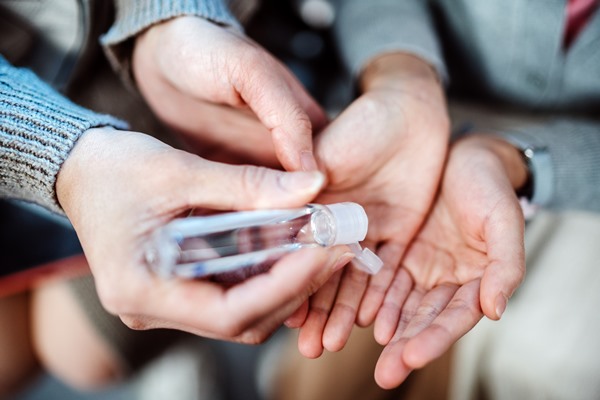 *** How to protect from Covid (3)
*** How to protect from Covid (3)Although the holiday season is usually celebrated with family members, 70% alcohol intake is also necessary. Therefore, display the product at the entrance to the event and leave the containers with the item scattered throughout the environmentBy Tang Ming Tung / Getty Images
 *** How to protect from Covid (3)
*** How to protect from Covid (3)It is important that disposable towels replace cloth towels, in this way many people will avoid contact with one body.Getty Images
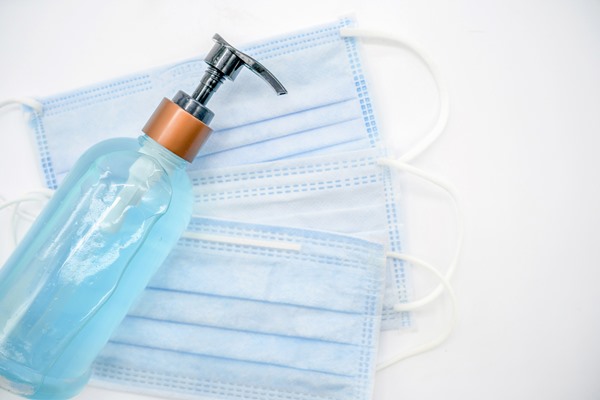 *** How to protect from Covid (3)
*** How to protect from Covid (3)According to Fiocruz, the correct use of a mask is also important. Therefore, it is necessary to have additional masks and to keep the mask you use in a plastic bag while eating.Getty Images
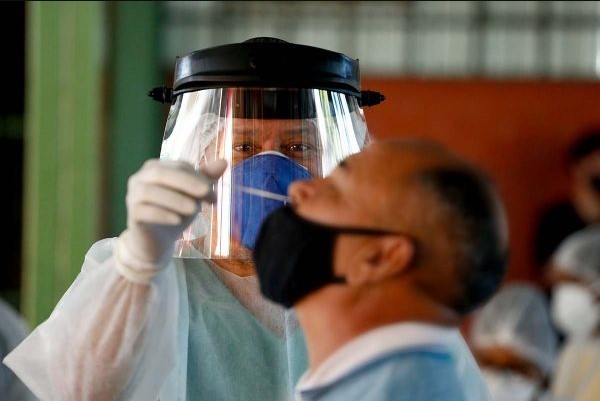 *** How to protect from Covid (3)
*** How to protect from Covid (3)If you will be traveling, in addition to taking all doses of the vaccination agent and taking the vaccination card with you, Fiocruz recommends taking the test 2 or 3 days before the trip.Vinicius Schmidt / Metropolis
 *** How to protect from Covid (3)
*** How to protect from Covid (3)To protect yourself while traveling on a plane or bus, keep your hands sanitized with soap and water, if possible, and use alcohol gel. Do not forget about the mask to seal well. PFF2 is one of the candidatesBy Tang Ming Tung / Getty Images
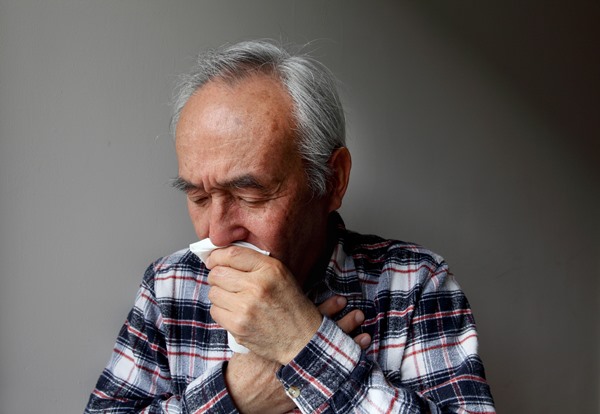 *** How to protect from Covid (3)
*** How to protect from Covid (3)If you have any symptoms of Covid-19, have had contact with an infected person in the past 14 days or with a positive diagnosis, find no other people. This position is important to ensure everyone’s healthDaniel Allan / Getty Images
 *** How to protect from Covid (3)
*** How to protect from Covid (3)It is also recommended to stay at home for unvaccinated people.Reproduction / Instagram
0
The Anvisa network works as follows: Hospitals send samples to central laboratories (Lacens). From there, the material is sent to the sites that participate in the network. Including hospital infection research laboratory FucruzWhere she works as researcher and unit head, Anna Paula Asif.
“ Many health agencies already had this concern before the pandemic, because multi-resistant bacteria are already a problem in these hospitals,” he explains. “With the pandemic, we have admitted many patients to hospital for a long time through invasive procedures, such as intubation. It ends up favoring secondary infections that are treated with antibiotics.”
Anna Paula explains that the excessive use of these drugs was not necessary, but ” Overuse of antibiotics, in general, causes bacteria to become more resistant and multiply more.”
Attention to resistant germs, before a pandemic, takes on dangerous features in the midst of a health emergency. in a Technical note Published in August about it, Anvisa cites a sad case that occurred in the Intensive Care Unit (ICU) in Maringa.
infected with bacteria a. Bomani Resistant to antibiotics, seven patients previously treated for Covid-19, out of ten, have died. According to the Pan American Health Organization (PAHO), various countries on the American continent have reported outbreaks of drug-resistant infections.
Data Opas We note that about 90% of patients hospitalized with Covid-19 in the Americas received antibiotics, while only 7% needed drugs to “treat secondary infections”.
The Pan American Health Organization and the technical note from Anvisa also highlight the danger of drugs that have not been shown to be effective against Covid-19, and which have been used by part of the population. This is the case in covid kit, which has been widely disseminated by President Bolsonaro.
“Another factor contributing to the increase in microbial resistance in the context of the current pandemic is the inappropriate use of antimicrobial agents, especially broad-spectrum antibiotics such as azithromycin and levofloxacin, for the treatment of COVID19, as they are ineffective in the treatment of viral infections,” the Anvisa document highlights.
Technical Note GVIMS/GGTES/ANVISA nº 05/2021, entitled “Guidelines for the prevention and control of the spread of multidrug-resistant microorganisms in health services in the context of the Covid-19 pandemic”, highlights some of the measures to contain the scenario.
They are: the correct use of personal protective equipment (PPE), complete and correct hand hygiene, intensified cleaning and environmental disinfection, care for the equipment and objects used, management of the use of antibiotics and prevention of pressure infections that appear on the skin when one remains in the same position for a long time.

“Wannabe internet buff. Future teen idol. Hardcore zombie guru. Gamer. Avid creator. Entrepreneur. Bacon ninja.”

